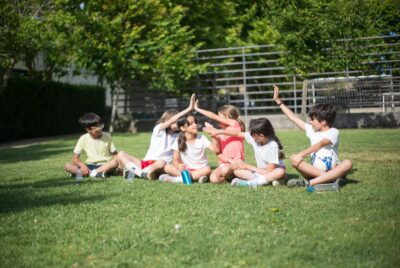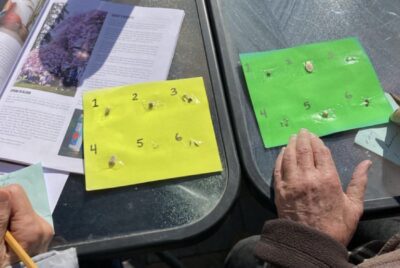RESEARCH
Effect of Nature-Based Physical Activity on Post-Traumatic Growth Among Healthcare Providers with Post-Traumatic Stress
Summary
This study investigates the impact of nature-based physical activity, specifically walking in natural environments, on post-traumatic growth (PTG) and associated psychophysiological changes among healthcare providers experiencing traumatic stress. PTG refers to positive psychological changes that can emerge after struggling with life crises, while traumatic stress often leads to negative outcomes like PTSD. The randomized controlled trial will compare two groups: one engaging in nature walks and another sitting in nature. Participants will be assessed for trauma intensity and excluded if they already exhibit PTG or lack trauma symptoms. Over 12 weeks, the experimental group will walk five times a week in a natural park, while the control group will relax in the same environment. Psychological measures (PTGI, TSC-40) and physiological markers (cortisol, BDNF, CRP, IL-6, HRV) will be evaluated at baseline and after three months to determine the intervention’s effectiveness.
The study aims to provide insights into how exposure to nature through physical activity can promote PTG and improve psychophysiological health. Healthcare providers, often exposed to high levels of stress due to their demanding work environments, are an ideal population for this research. By comparing nature-based walking with passive exposure to nature, the trial seeks to clarify whether active engagement in natural settings offers additional benefits for mental health and resilience. The findings could inform strategies for stress management and mental health interventions using accessible and cost-effective methods like nature therapy.







